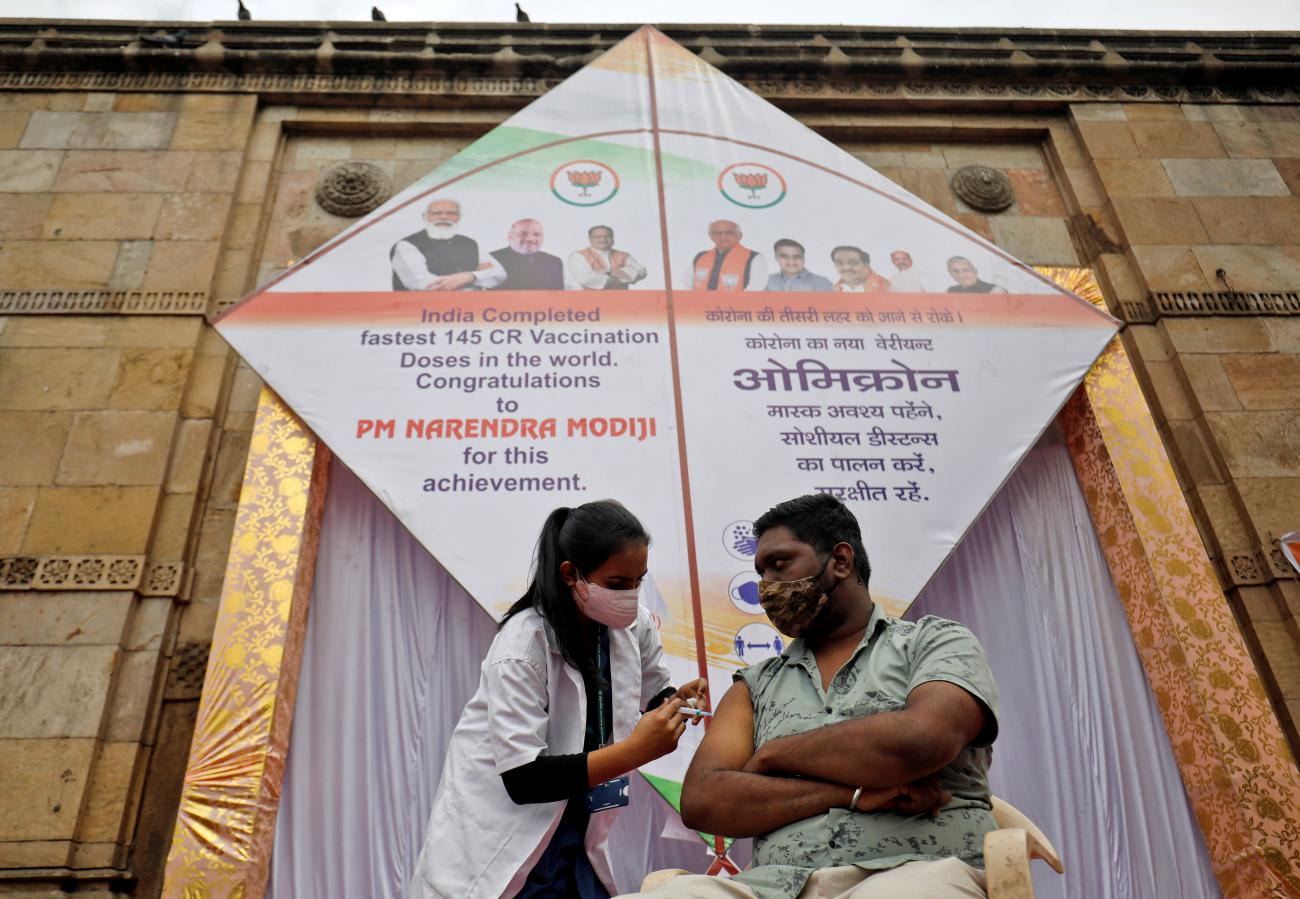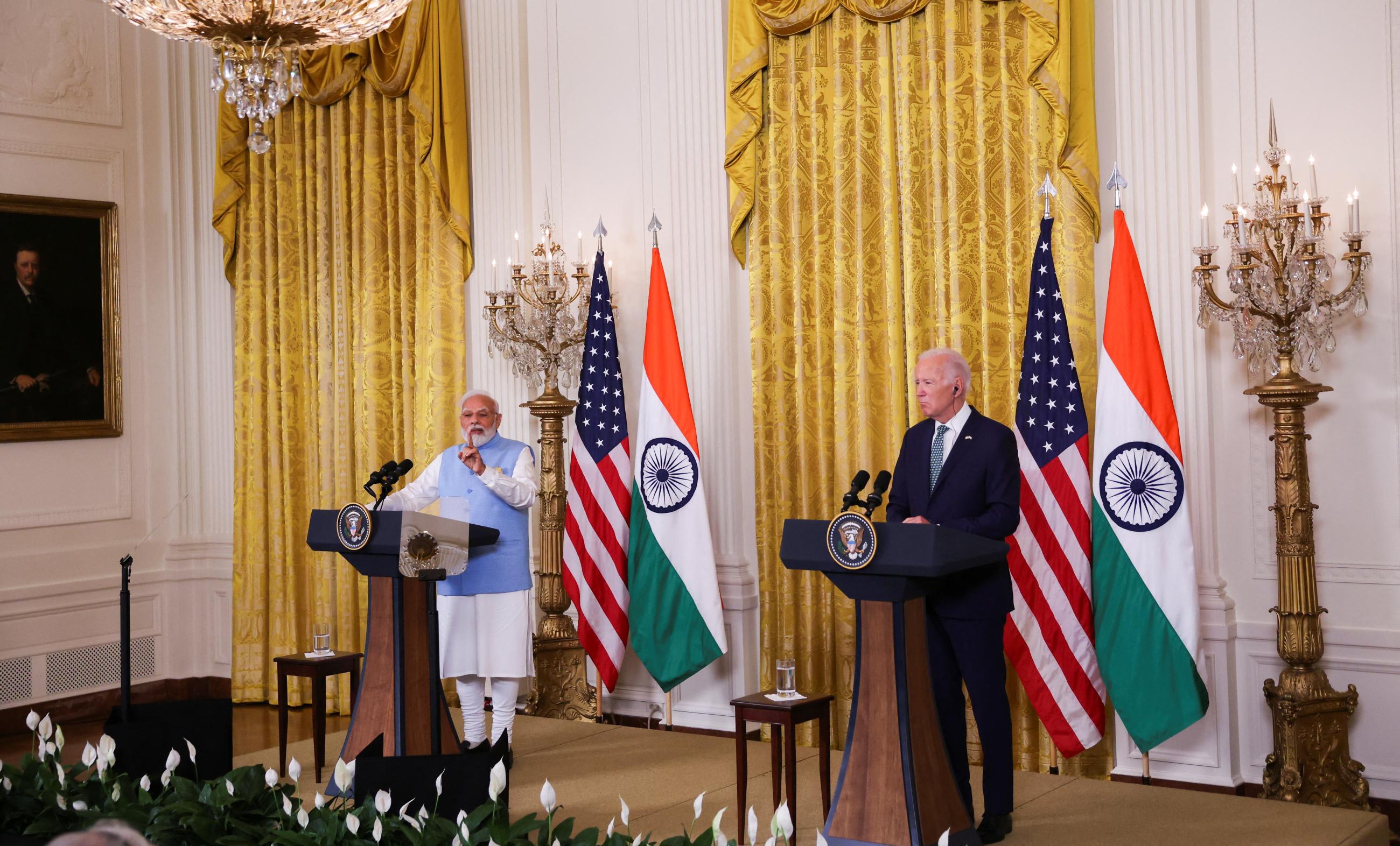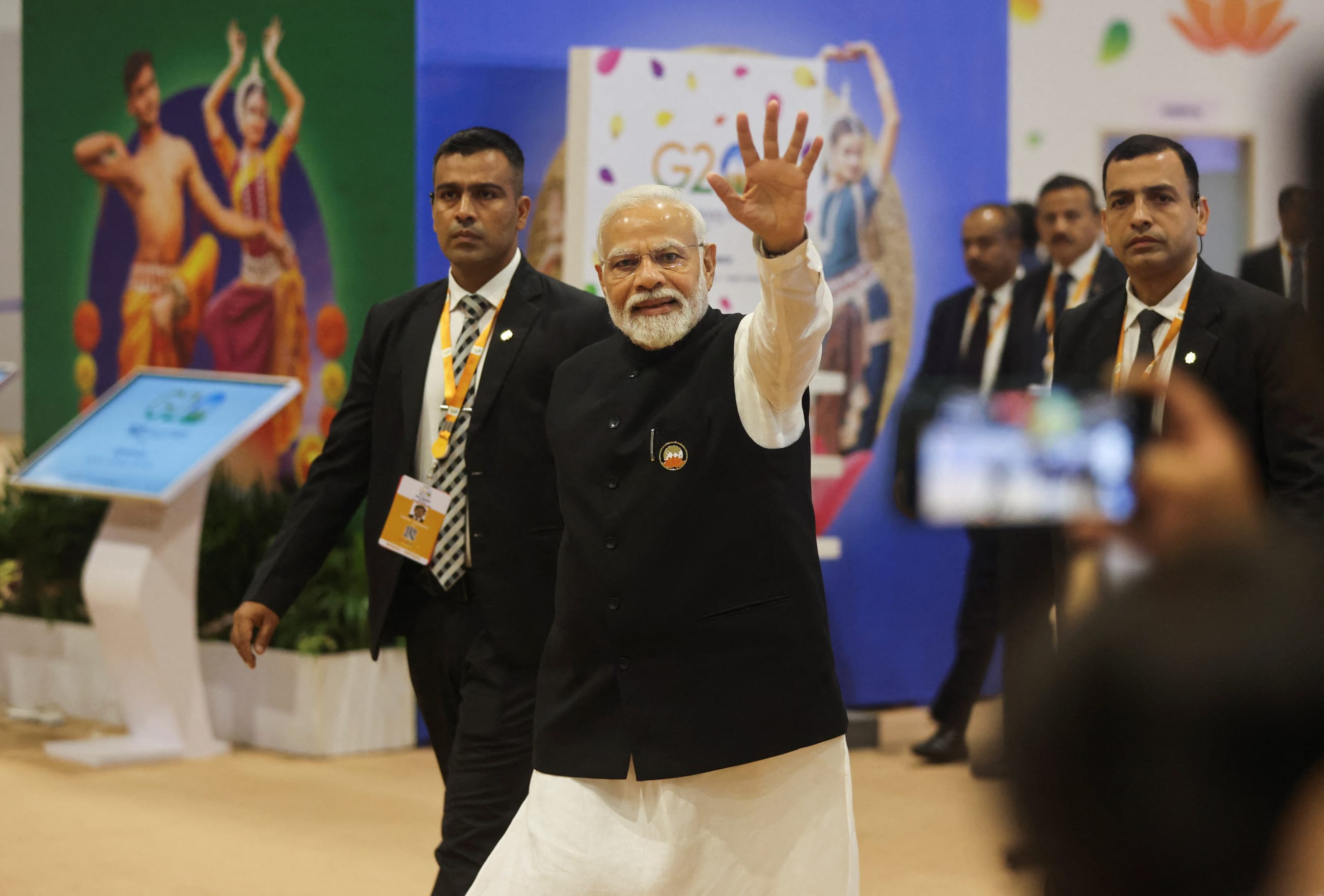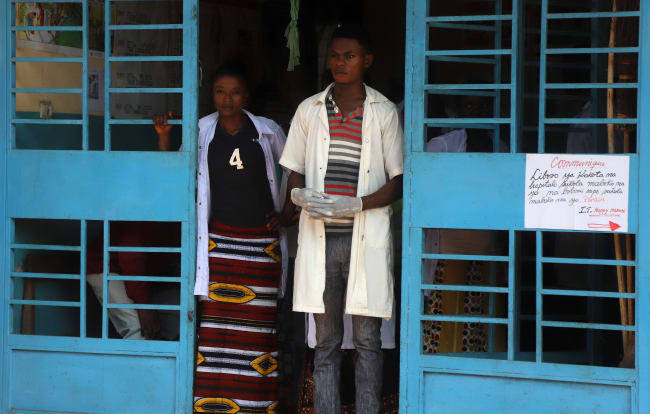A core Hindu philosophical tenet from sacred Sanskrit scriptures, Vasudhaiva Kutumbakam, articulates the concept of the world as one family and informs India's global outlook. The theme of India's Group of Twenty (G20) presidency in 2023—One Earth, One Family, One Future—encapsulates Hindu philosophy's emphasis on the importance of every form of life on earth. That approach influences the country's approach to global health in the aftermath of the devastating COVID-19 pandemic.
During the pandemic, India provided vaccines to nearly 100 countries through its Vaccine Maitri program and participated in multilateral initiatives, including the COVID-19 Vaccines Global Access (COVAX) facility. But the COVID-19 crisis has provided India with an opportunity to transform its leadership in global health. In response to the pandemic, India has reevaluated its domestic and foreign policy strategies, including reassessing its competitive relationship with China.
India can use global health leadership to counterbalance China's growing regional and global influence
India seeks to become a global, nonaligned power. It has used diplomatic platforms, including the G20 and climate change negotiations at the twenty-eighth Conference of the Parties (COP28), to promote a development agenda for low- and middle-income countries (LMICs) that focuses on global health issues, such as pandemic preparedness and climate change adaptation. That approach resonates with India's long-standing support for fellow developing nations, but also represents a shift because India can use global health leadership to counterbalance China's growing regional and global influence. Such leadership can boost India's strategic position among countries in Africa and the Asia-Pacific region that are wary of China's political and economic power, for example.
Implementing the Strategy
India should leverage global health for its foreign policy interests by focusing on certain objectives. The nation can help strengthen global health governance by shaping the pandemic treaty being negotiated at the World Health Organization (WHO) in ways that address challenges LMICs face. The May deadline for the treaty's consideration by the World Health Assembly is fast approaching, but countries have not moved significantly from their initial positions.
In that context, the Indian government should advocate for strong treaty provisions on equitable access to health-care resources, technology transfer, and capacity-building in pandemic preparedness and response. India's growing international clout and its commitment to reformed multilateralism means that it can lead consensus-building among WHO member states to ensure that the pandemic treaty is balanced and addresses future global health crises. India is taking that approach in negotiations on revising the International Health Regulations by proposing amendments to create greater equity in access to health care, accountability of the WHO, and implementation of the One Health approach. For the pandemic treaty, India should—as one of the world's largest manufacturers of generic drugs and vaccines—play a leading role in ensuring more equitable access to medicines and vaccines for LMICs.

India could also use its experience in handling public health challenges, including infectious diseases (for example, polio, tuberculosis, and HIV/AIDS), to help build more resilient health systems in LMICs. It could harness its drug and vaccine manufacturing capacities in strengthening the health systems of developing countries. Sharing knowledge, technology, and resources would advance India's role as a leading health-care provider in the community of countries often called the Global South.
India could also help LMICs adapt to the health threats associated with climate change. The prominence of health issues at COP28 underscores the importance of building a global, cooperative framework for climate adaptation. Such cooperation requires bridging gaps between Western technologies and assistance and the practical needs of developing countries. India could leverage its good relations with countries in the West and the Global South to advance climate adaptation strategies for health.
Challenges to the Strategy
Indian global health leadership, however, does face challenges, especially concerning its domestic management of health and climate change. Despite significant improvements, India's health system still grapples with, among other things, unequal access, underfunding, and a rural-urban divide. For example, in 2017, the National Health Policy recommended increasing the government's public health spending from 1.2% to 2.5% of GDP by 2025. Such spending, however, remains below 2% of GDP, far lower than the global average.
India's aspirations for global health are also linked with military and economic concerns
India's battle with climate change, including extreme weather events and rising pollution levels, directly affects public health by, for example, exacerbating respiratory diseases and heat-related illnesses. Managing these threats is not merely about domestic welfare because, given its international importance, India's credibility on climate change adaptation matters on the global stage. By effectively addressing these issues, India could set a precedent for other LMICs, demonstrating that economic growth and health security can be synergistically achieved.
India's aspirations for global health are also linked with military and economic concerns. Its border clashes with China (for example, in the Galwan Valley) highlight the imperative of protecting national security while pursuing cooperation on global problems. Economically, India's growth, position as a central player in global markets, and competition with China add complexity to its health diplomacy. Navigating such military and economic challenges while demonstrating global health leadership demands a nuanced and balanced approach.
In addition, balancing national security, economic growth, and health objectives takes place amid the notable divide between the priorities of high-income nations and the needs of LMICs. Achieving the range of India's national interests requires maintaining amicable and productive relations with Western countries, which remain pivotal military, economic, and global health players.
India's ascent as a global leader economically and diplomatically is increasingly evident. Its economy, already the world's fifth largest, is projected to become the third largest by the end of the decade with a GDP of more than $5 trillion. Its nonalignment diplomacy has strengthened its relationships with global powers—including the United States, Japan, and Russia—and has been recognized in Chinese media as an effective strategy.
India is now well positioned to play a transformative role in shaping the future of global health by strengthening global health governance, championing equity for LMICs, sharing its expertise in pharmaceutical and health systems innovation and research, and making countries more climate resilient. Such outcomes would bring the world closer to being one family.













